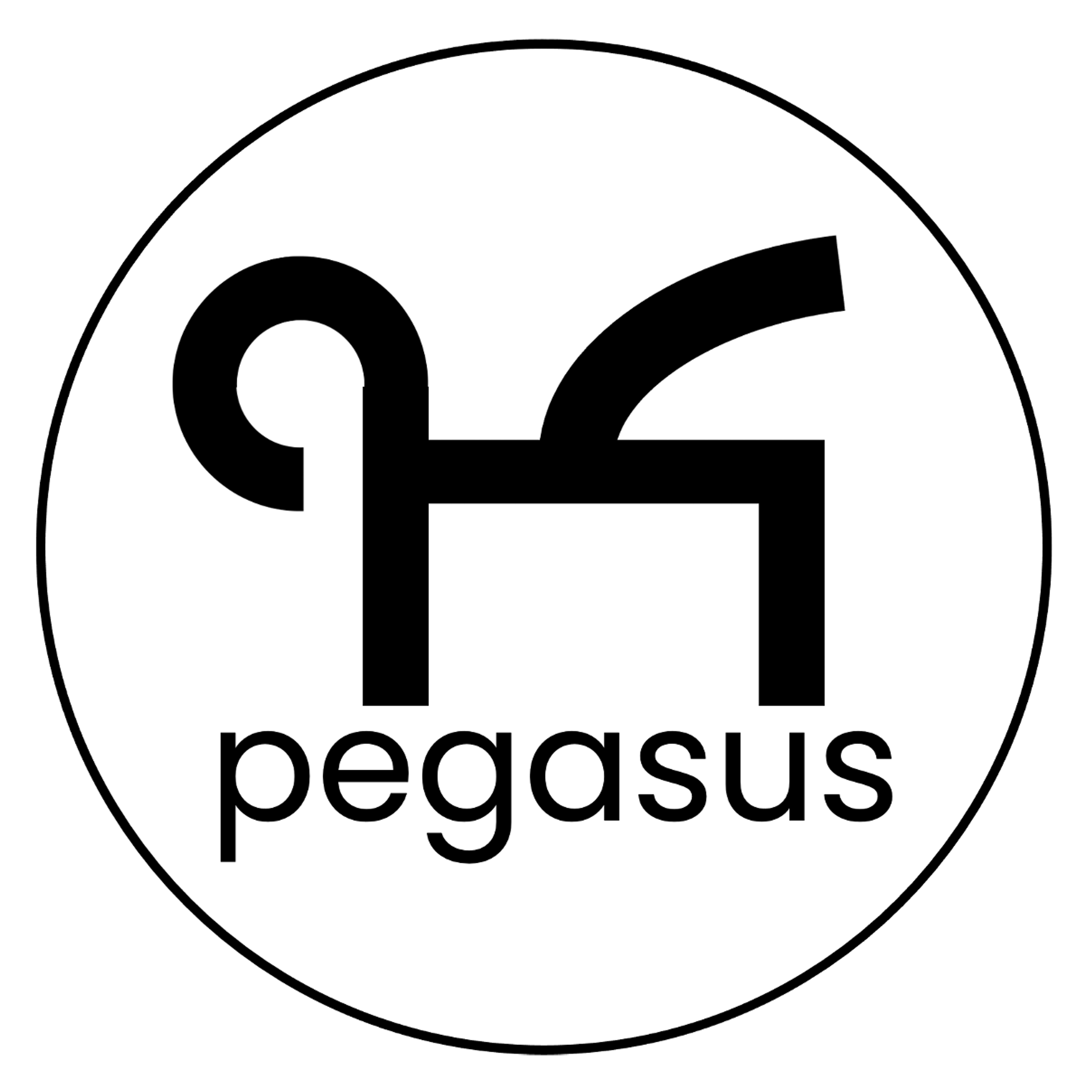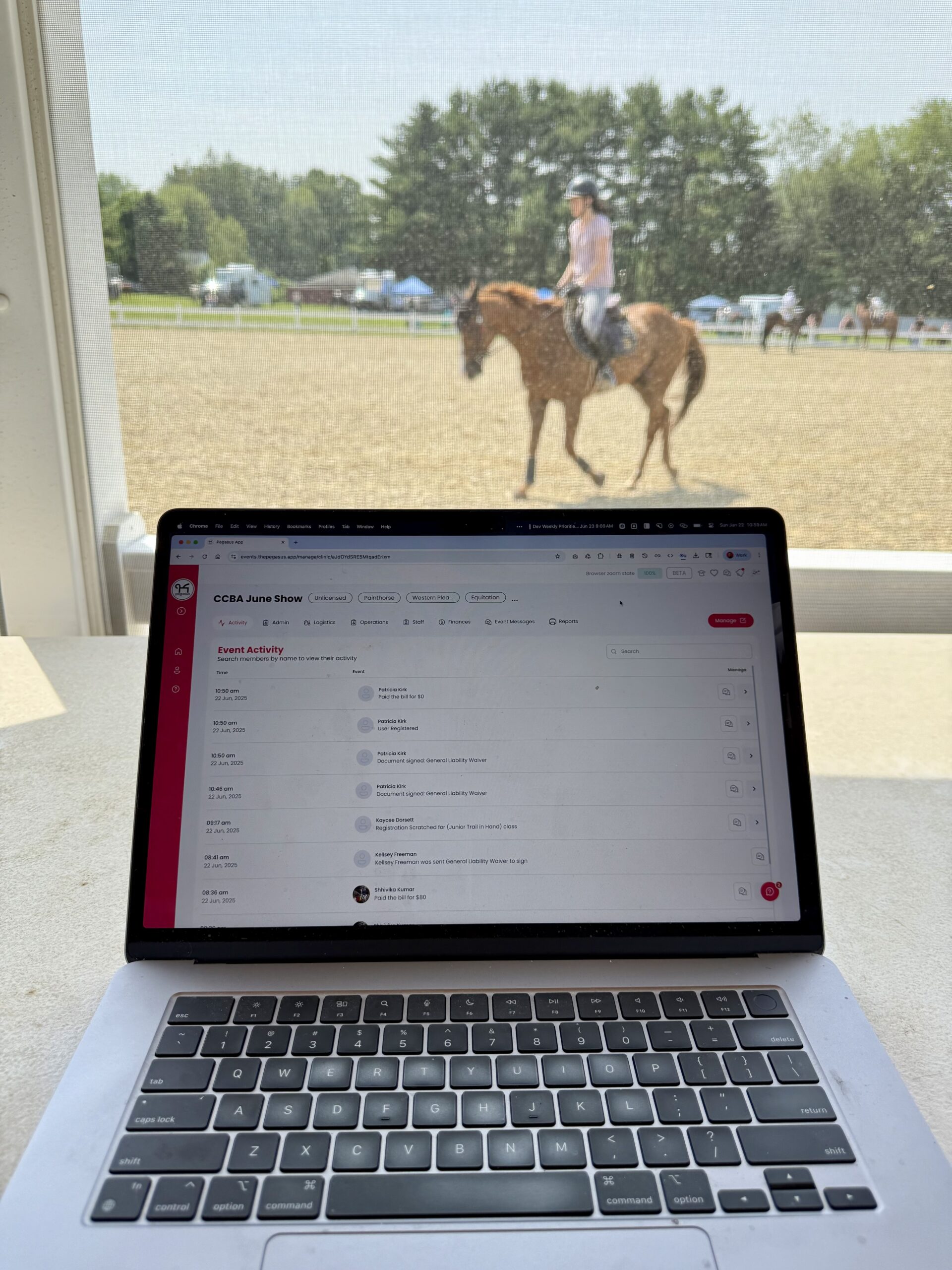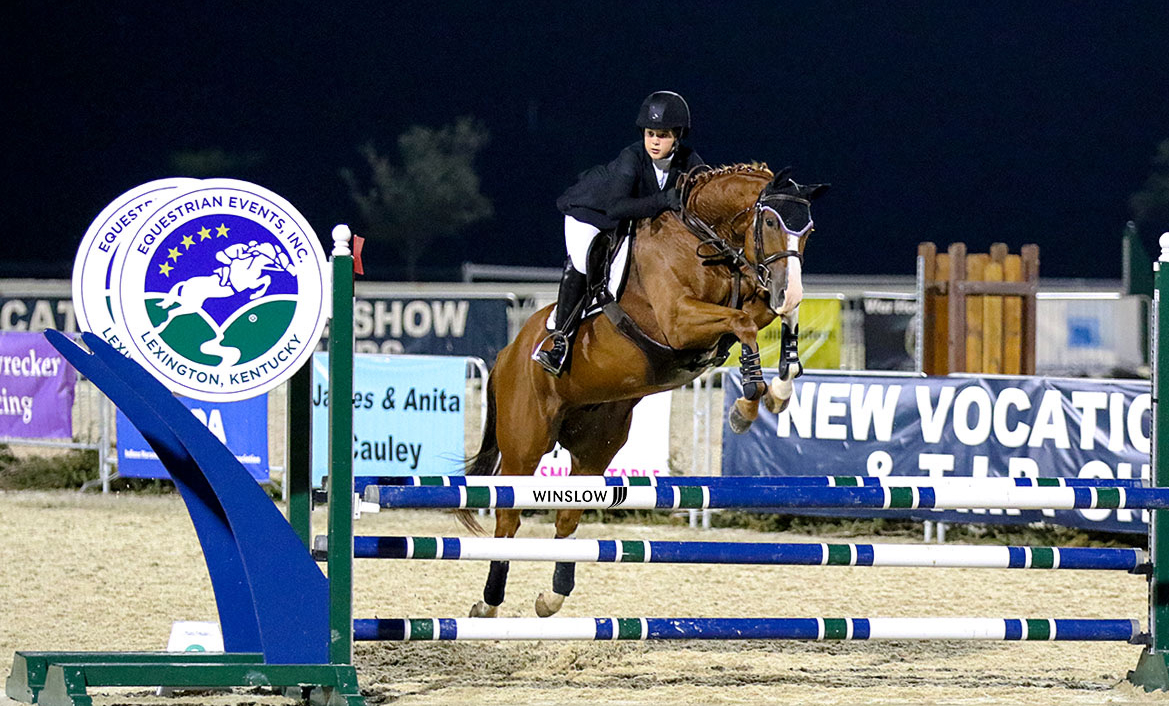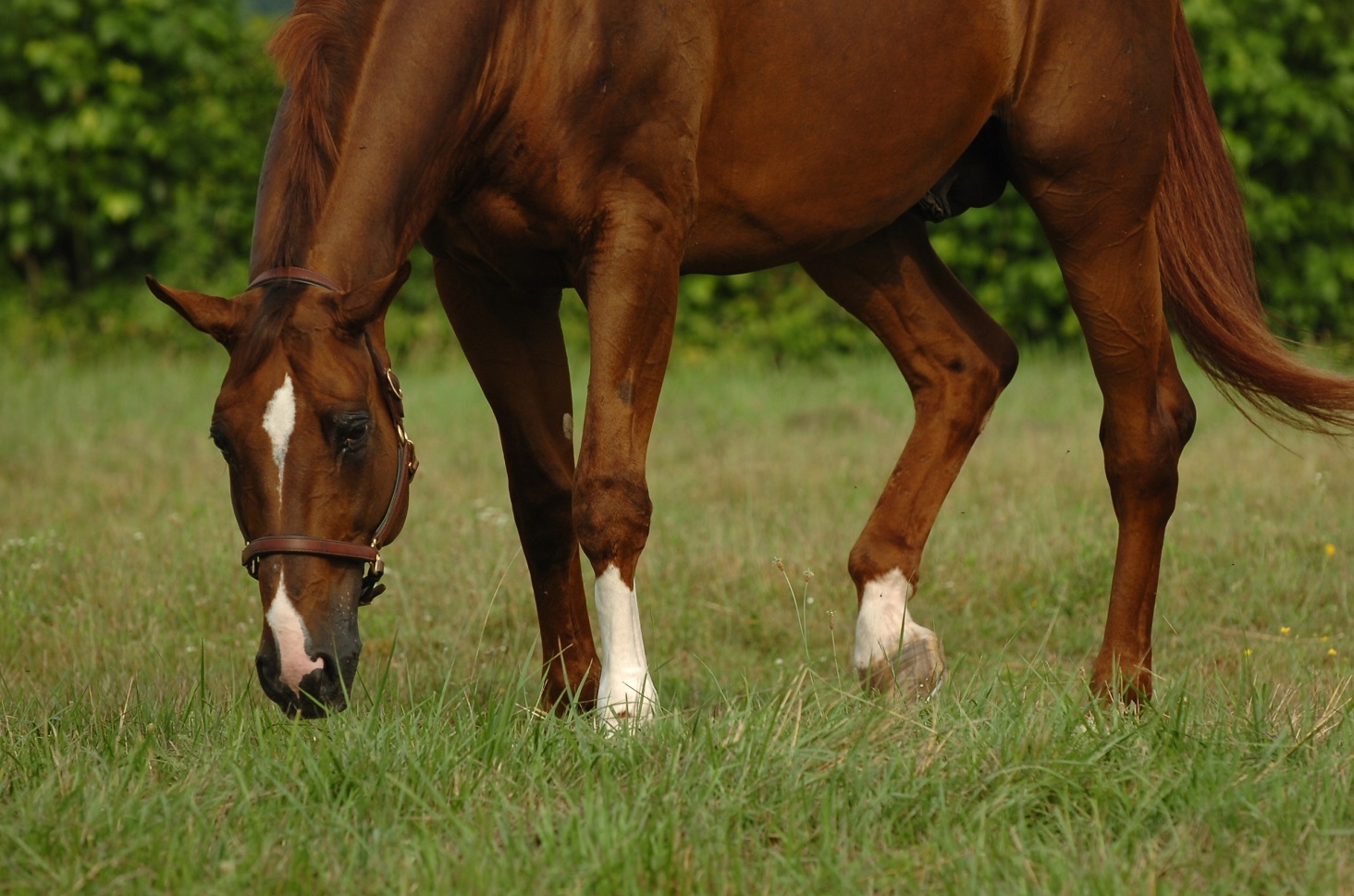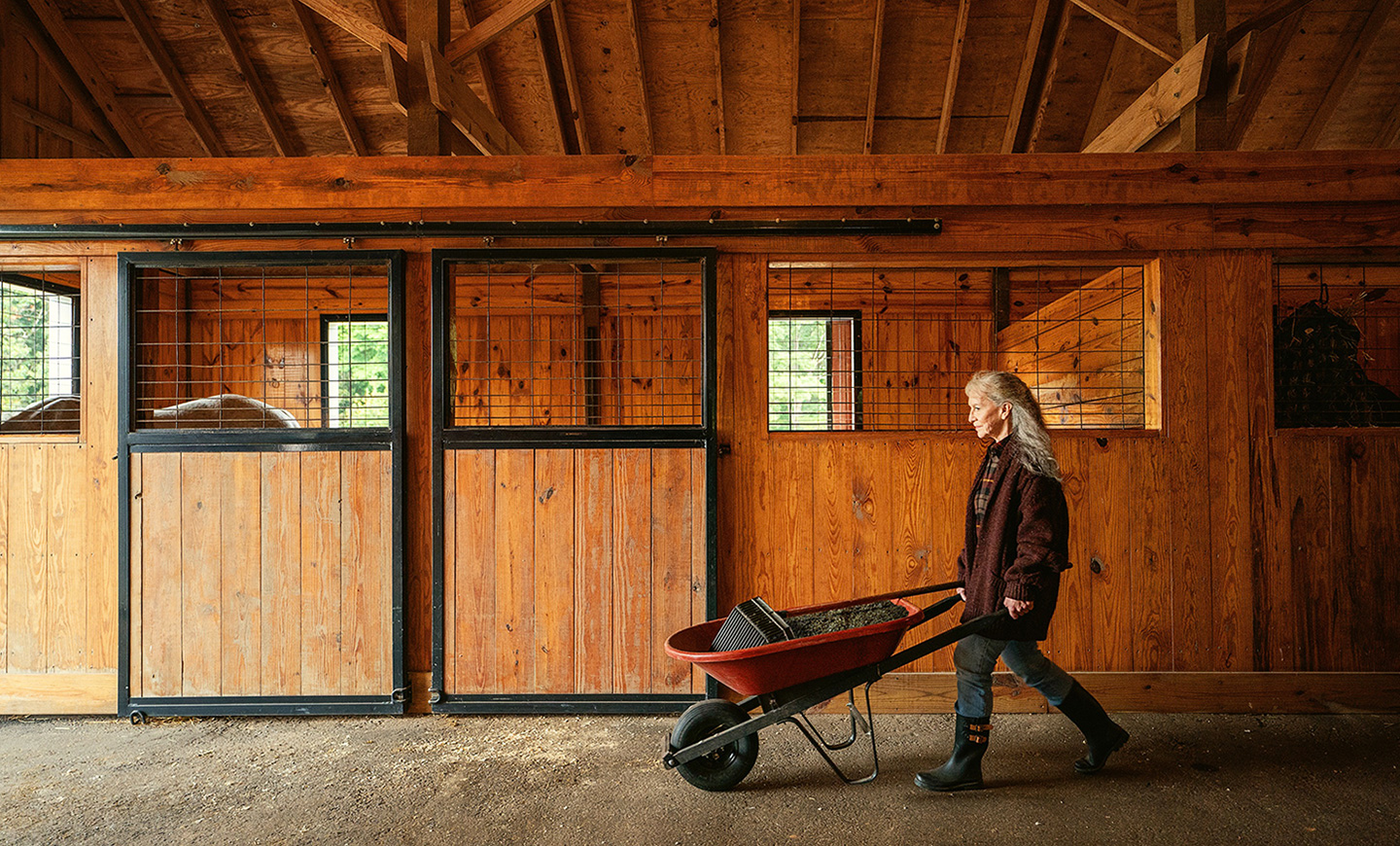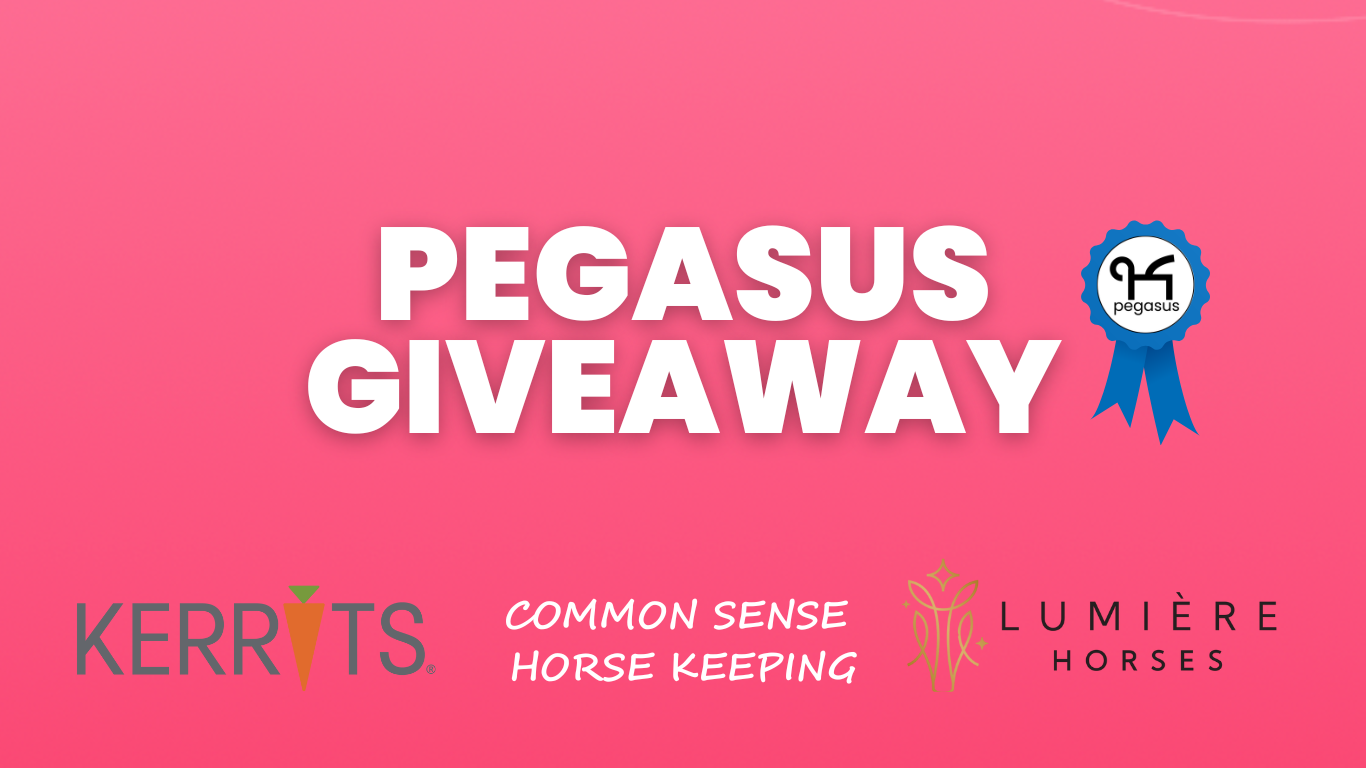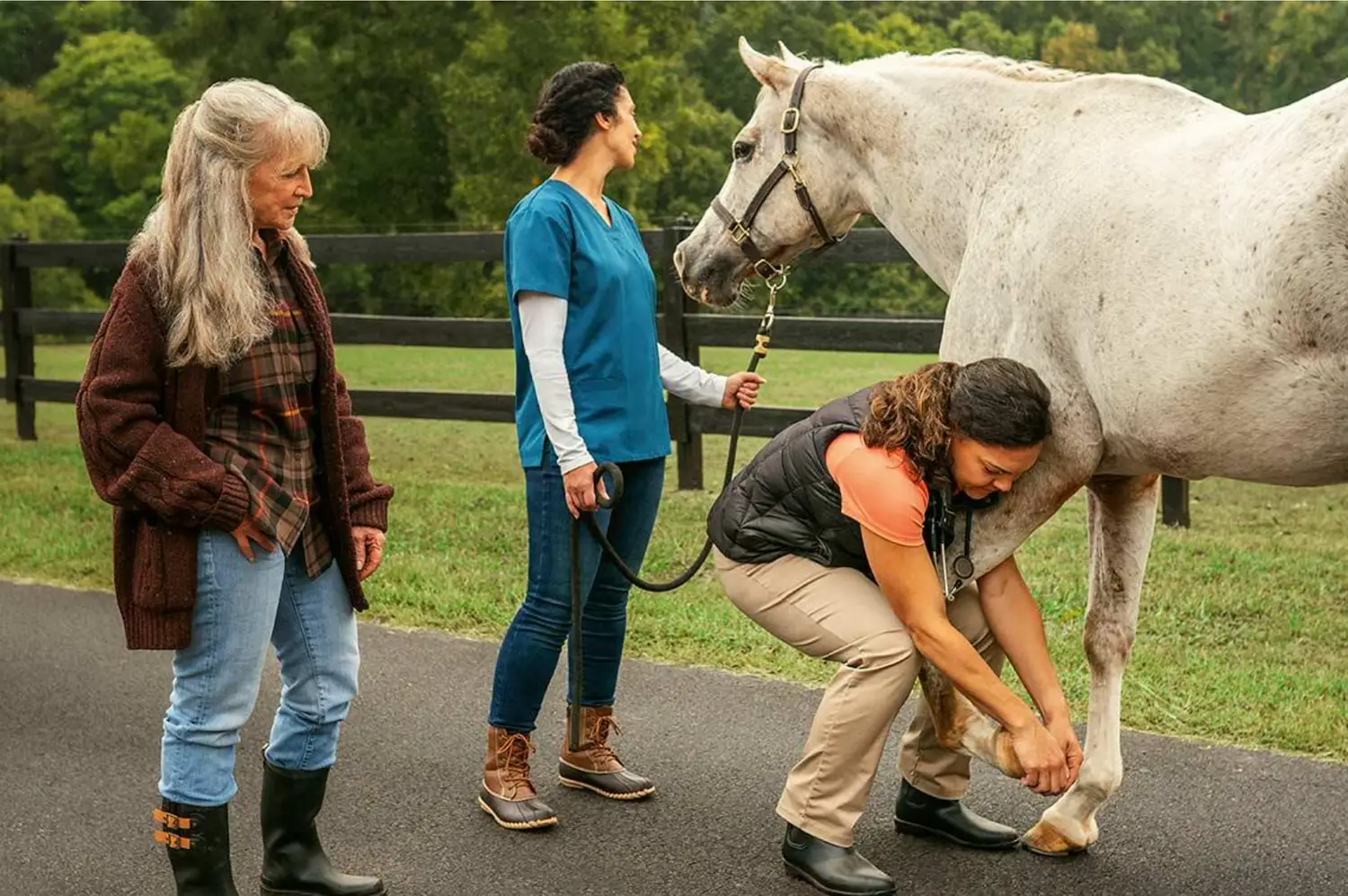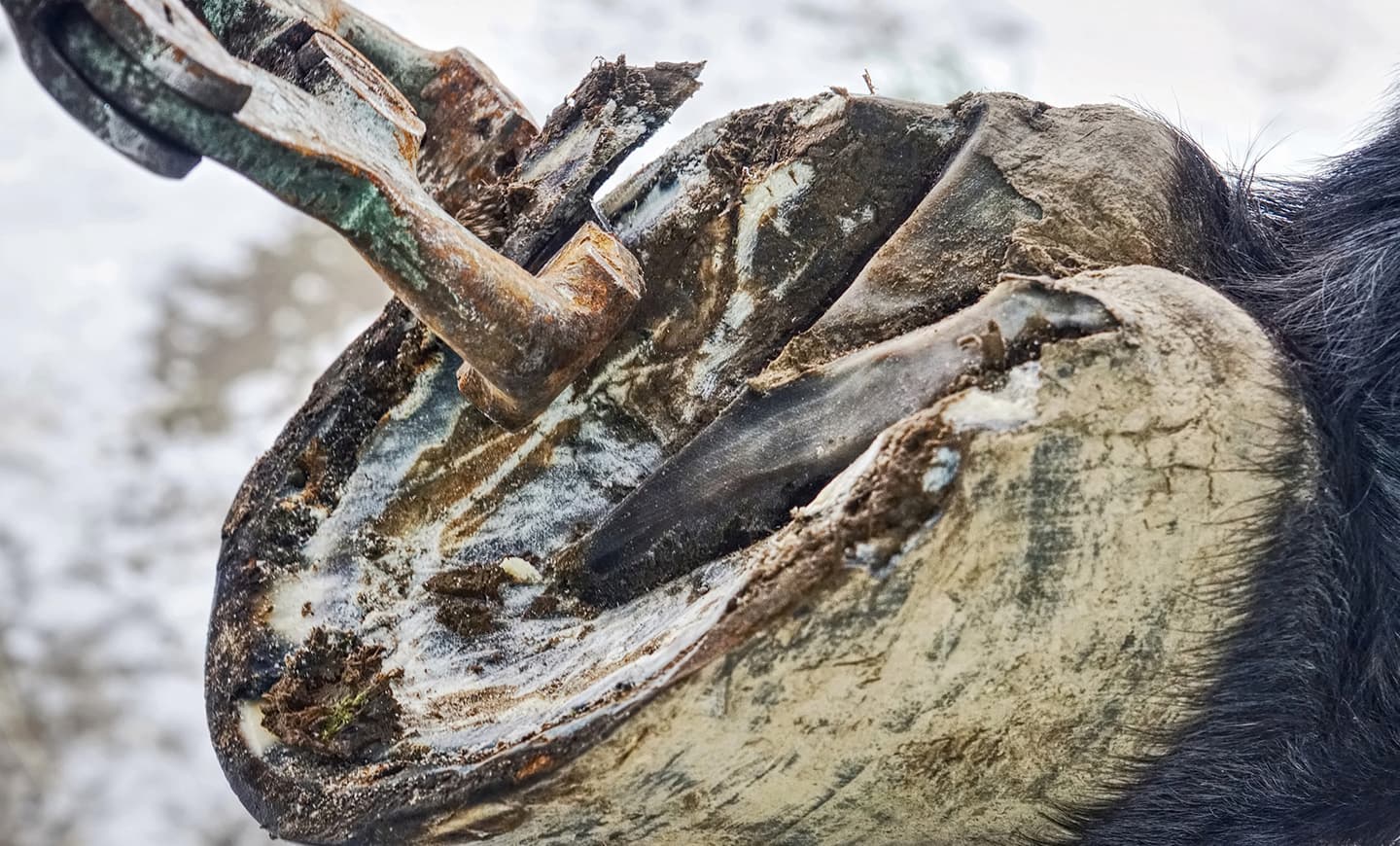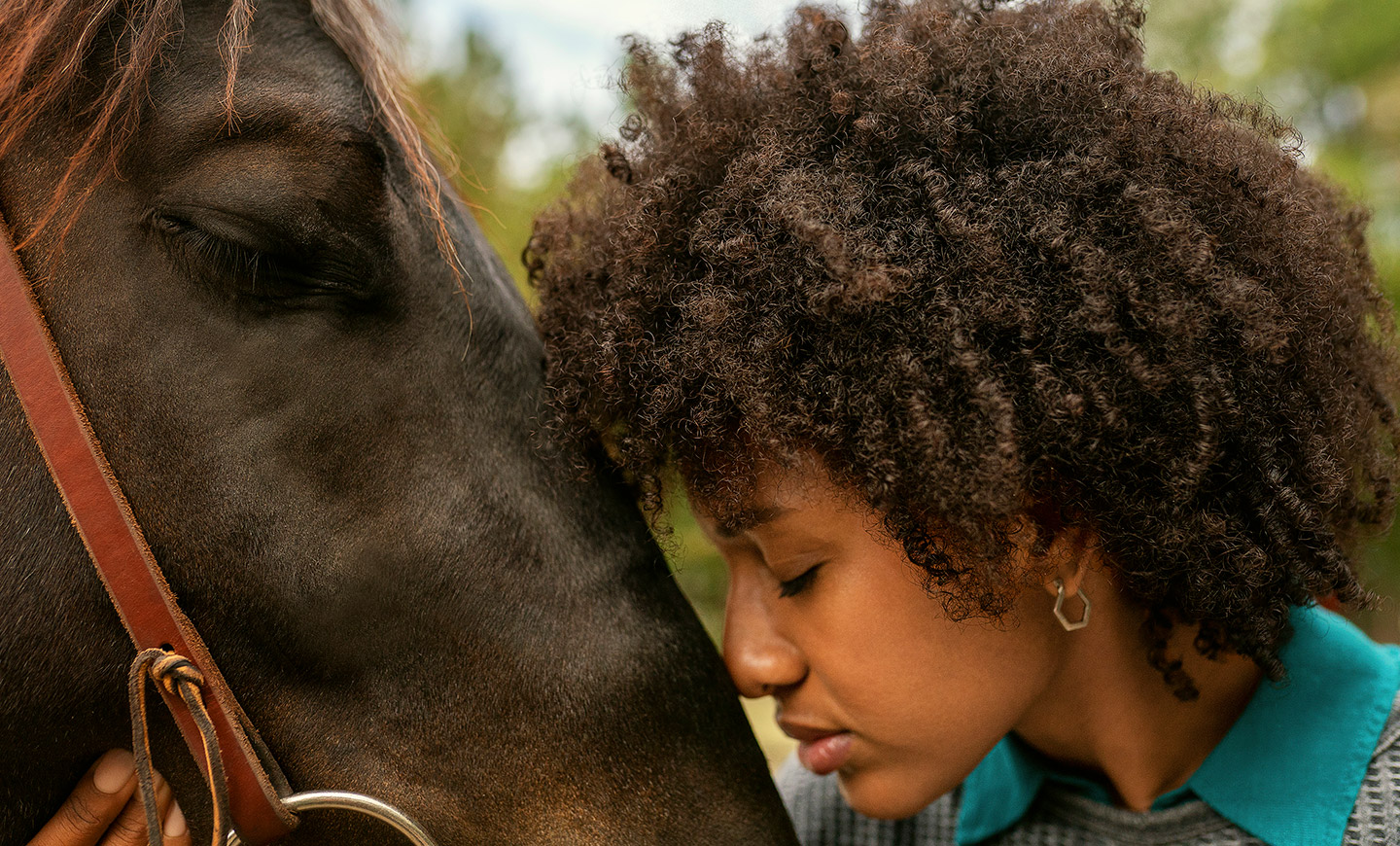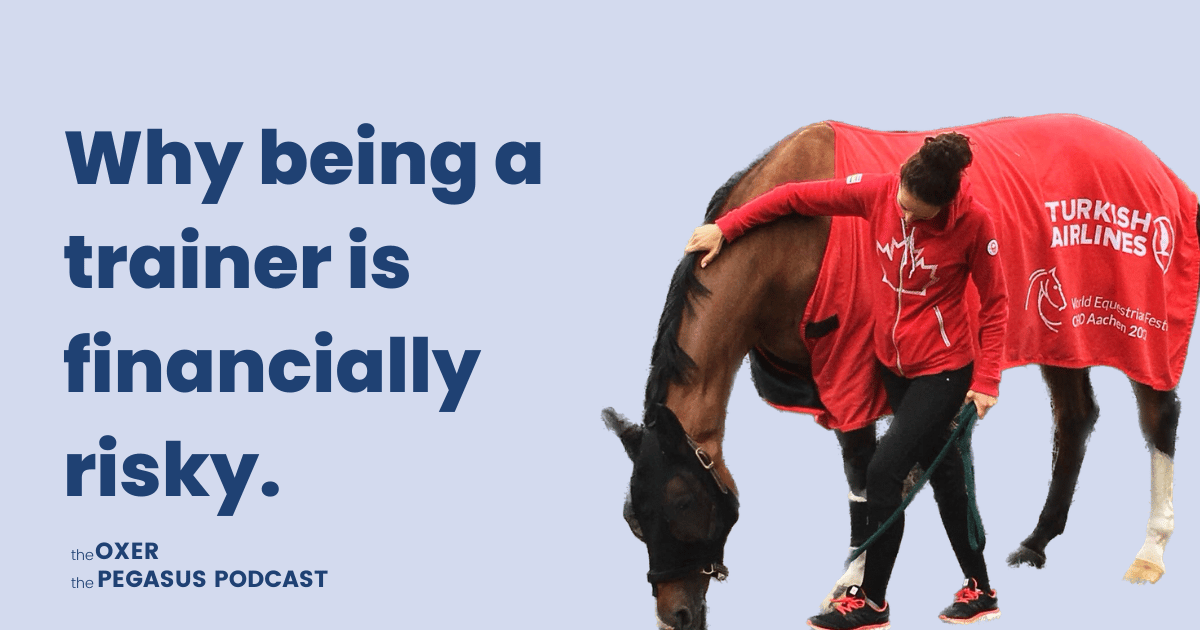
Bonjour partner,
Ça va bien?
Jade Maillet is certainly doing well.
Founder of Stable 8—one of the top stables in Mexico City—she took a major back injury she endured as an opportunity to pivot in her career.
We won’t spoil that though, more on that in a bit…
This edition is dedicated to three of the coolest and most helpful things we learned on our podcast with Jade that we think you should know.
But keep reading on to get to the beef of the burger.
Don’t Depend On Your Athleticism to Pay Rent
Let’s face it.
And this is true in every sport.
You are putting yourself at risk by simply mounting your horse.
Just like a basketball player can have a bad fall and ruin their career, equestrians can do the same and never mount a horse again.
But you know what’s even riskier?
Having your whole financial life depend on your ability to ride.
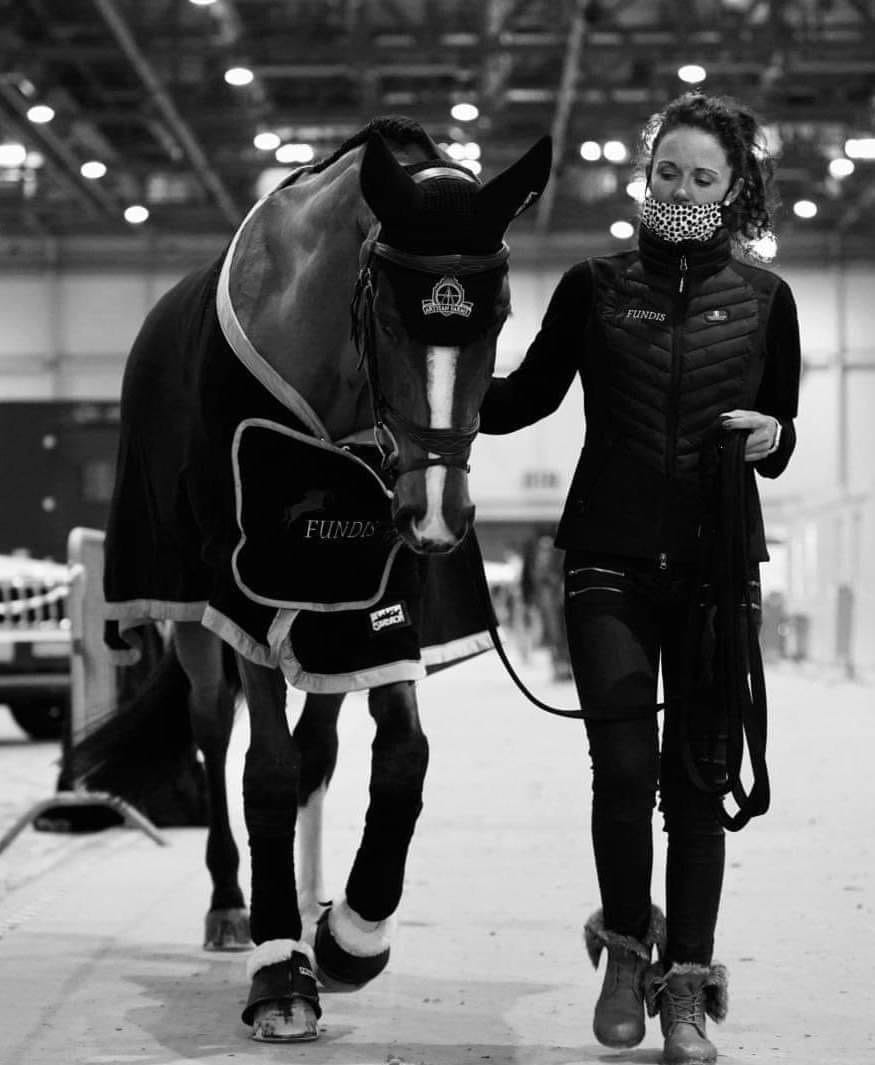
This was an eye-opening moment for Jade Maillet. Despite the fact that she was having returning riders at Stable 8, she wasn’t able to train them while injured.
She had to find a way make money without depending on her athleticism.
So she went “back to school” and took an online class on digital marketing.
She learned how the best of the best—such as equestrian champion, influencer, and entrepreneur Gabriela Reutter—grow massive followings of fans on platforms like Instagram.
Whatever Jade is doing is certainly working, with almost 30,000 followers on her Stable 8 account, it’s common to see two or three percent of her entire following like every single one of her posts.
That’s a lot for Instagram, especially when you can buy followers for cheap with little to no engagement.
The best thing you can do for yourself is not throw all of your eggs in one basket.
Or for that matter, not depend on one body on a saddle to pay for rent.
In Europe There Are Many More Professional Riders, But There’s a Catch
A theme we’ve discussed on our podcast a few times is that in America it’s easier to do many things, such as starting a business.
It’s so easy to start a business in America that even those who’ve never rode a horse before can start a stable if they wanted to.
In Europe, however, the equestrian industry is the opposite.
In France, where Jade is from, you must go through a rigorous training program that includes the following subjects but isn’t limited to..:
-
Psychology of humans
-
Psychology of horses
-
Rider safety
For Jade, it took one year to complete this, though it’s normal for future horse trainers to do this course over two years.
As a result, you have so many professional horse trainers that the shows in Europe have many more professionals in them.
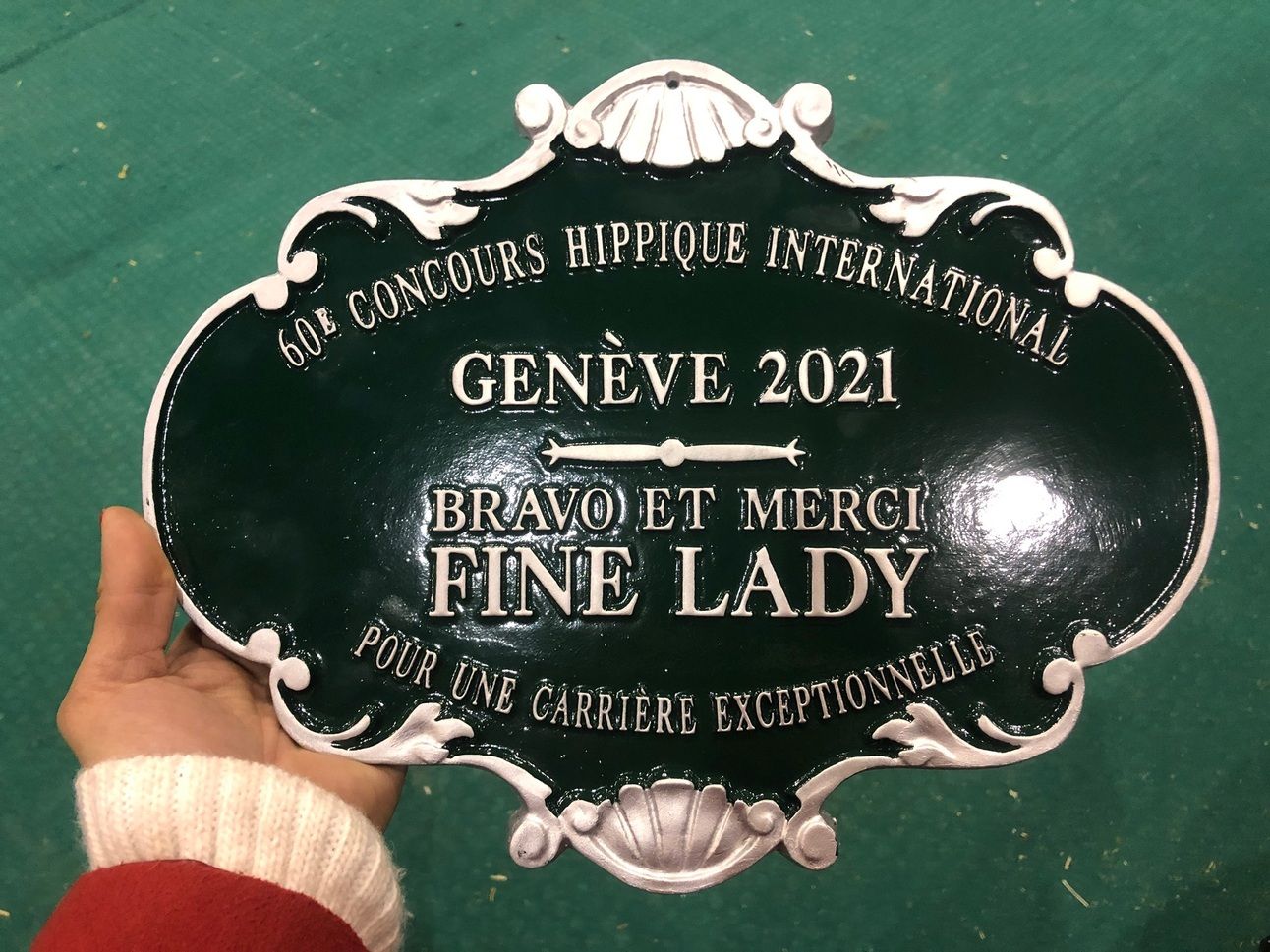
Rarely do you see adult amateurs competing in an average European horse show.
Additionally, in France they make future trainers learn how to structure their lessons based on who their individual client is and what their needs are.
The catch, however, is that it’s much harder to make a lot of money as a trainer.
France has much higher taxes than in the U.S. and trainers sometimes work half the daily hours than those who live west of the Atlantic.
Companies in Europe Sponsor Riders for ROI, Not for the Feeling
The founders of Pegasus have traveled to and spent significant time in every single equestrian Mecca in the U.S. since the pandemic had started.
Be it Lexington, Middleburg, Texas, you name it.
One of the most obvious things they learned is that in American equestrian it is often billionaires who fund riders’ careers simply for the feeling of contributing to the sport.
While it would be nice to make ROI, it’s okay if money doesn’t come back for a while.
In Europe, however, that’s not a thing.
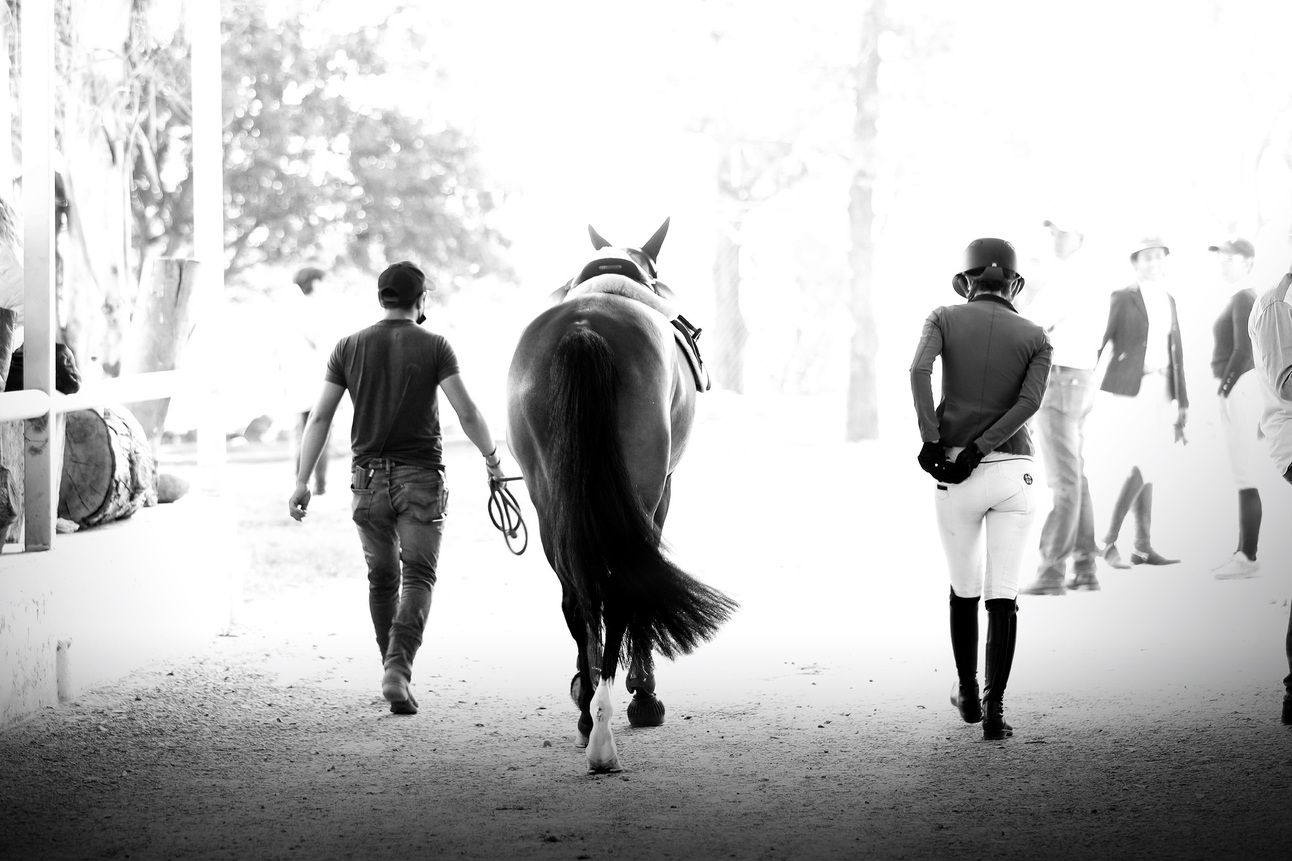
Maybe because there aren’t as many billionaires as there are in America, but in Europe it is companies—not individuals—who tend to be the financial caregiver to a rider’s career.
And they invest on ROI based on prize money.
Maintaining a horse in Europe is much cheaper to do than in the United States. Depending on where you are, you can pay up to $1,500 per month in the latter just on stalling your horse. Whereas in Europe, according to Jade, a more common (and reasonable) price is $500.
So for companies, it’s a lot easier to get ROI if a rider wins let’s say $1,000 in prize money at a competition when that’s double the amount being paid in barn boarding.
Whether or not the company cares about the equestrian sport, they just want to see their return on investment.
We had fun talking to Jade and reflecting on these lessons, so thanks for sparking the inspiration to pass on to others.
If you want to listen to the full episode, find it on Apple, Spotify, or wherever you listen to your podcast.
Passez une bonne journée,
The Oxer by Pegasus
Note: All photos, including the one in our cover photo, were provided by Jade Maillet.
